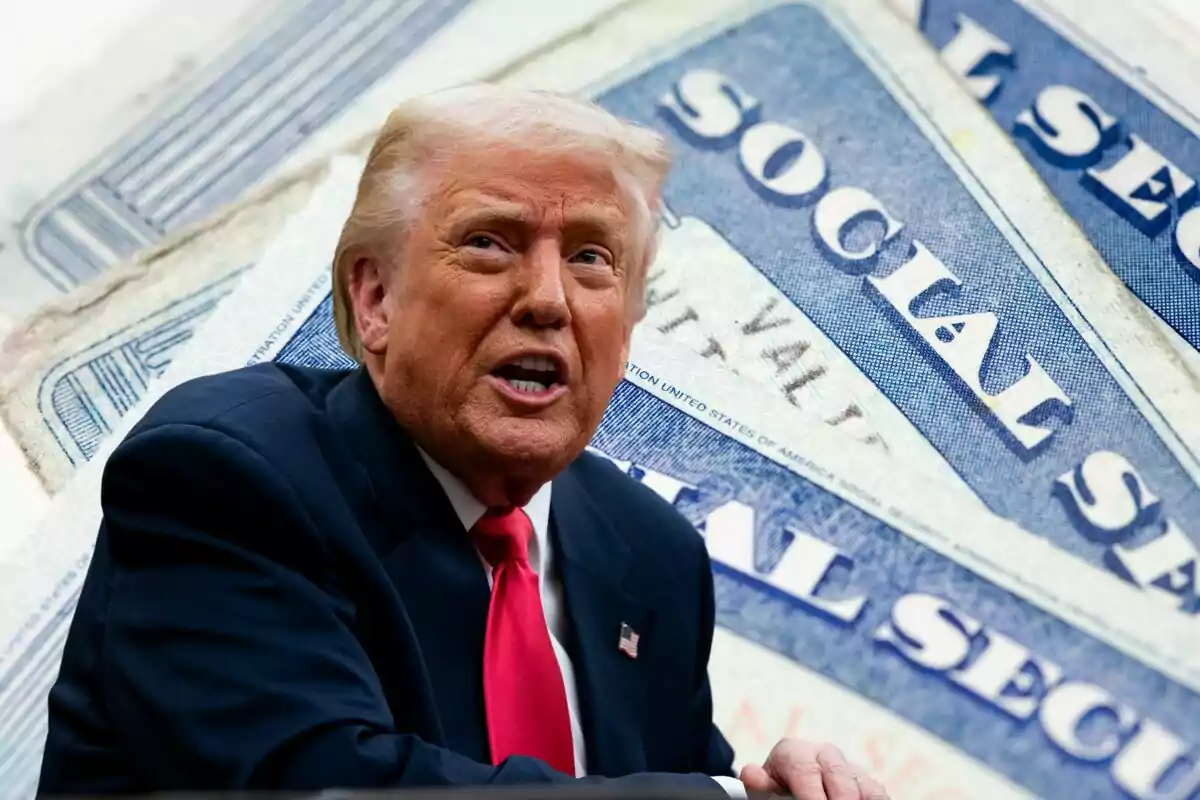
Last-minute alert from SSA about Medicare: You won't have to pay if you do this
The U.S. government and Social Security clear up doubts about Medicare: take it seriously for your own good
The U.S. SSA has issued a very important notice for those who receive Social Security benefits and have Medicare. If you already collect your Social Security pension, pay close attention to this.
If that's your case, you won't have to worry about paying the Medicare Part B premium on your own anymore. The SSA will start automatically deducting that premium from your monthly benefits.
Forget about paying this Medicare bill: take note
So, instead of receiving a bill and having to pay it yourself, you'll see that amount simply disappear from your Social Security check. This is a very useful measure to avoid missed payments or complications with duplicate payments.

This SSA notice clears up questions about when and how Medicare premiums should be paid. If you start receiving Social Security benefits, you won't have to pay the Medicare Part B premium directly. If you aren't receiving benefits yet, however, you'll be sent a quarterly bill from the Centers for Medicare & Medicaid Services, with clear instructions on how to pay the premium.
Situation in which you must pay the premium: do it or you'll regret it
If you receive a bill because you don't have Social Security yet, that premium must be paid before the 25th day of the month shown on the bill. If you miss the deadline, you'll get another bill that will include the overdue amount, and only after several notices could you lose your coverage.
The most common situation is for the premium to be deducted automatically, and this method is mandatory only if you already receive Social Security benefits. However, if that's not your case, you must make the payment yourself. This can cause confusion: some people, when they receive a quarterly bill, don't know whether they should pay the full amount at once or wait for SSA to start deducting it.

If you don't receive your Social Security checks properly or they don't cover the entire premium (for example, if you have Part D premiums or additional Medicare Advantage plans), pay attention. You could receive direct bills that you must address to avoid losing your coverage.
Failure to pay can have serious consequences. After a first notice, there's a second, then a "delinquent bill" notice, and finally cancellation of coverage if the situation isn't solved Medicare Tools. That's why following the SSA notice and fully understanding when and how much to pay is essential to keep your Medicare coverage without surprises.
This is how you can contact SSA if you have questions
You can visit the official Spanish-language website to find information about Medicare premiums, charges, and adjustments for high income. You can also call the general Medicare number: 1-800-MEDICARE (1-800-633-4227).
Through the Medicare website, you can also pay online using your secure account with a card, bank account, or even HSA. You can enroll in "Medicare Easy Pay" so that deductions are automatic.
More posts: